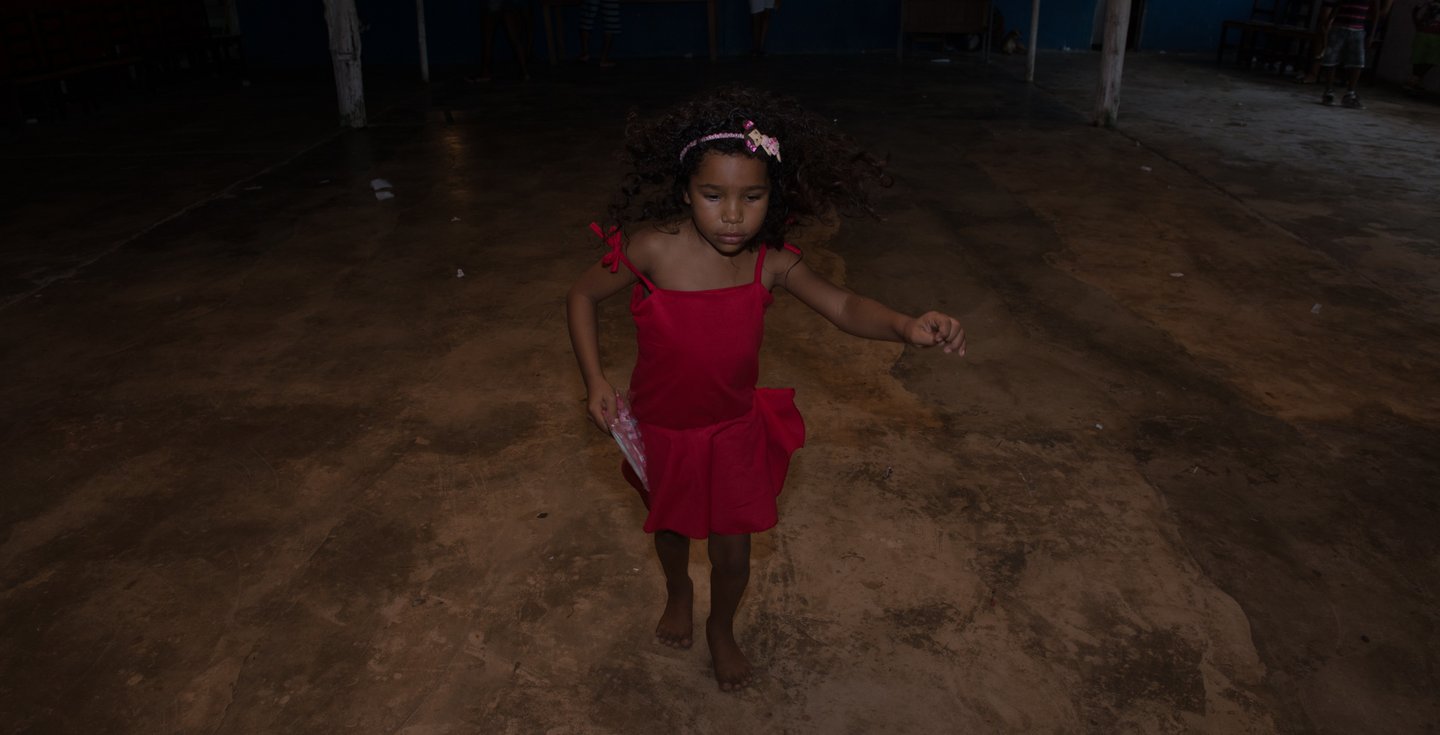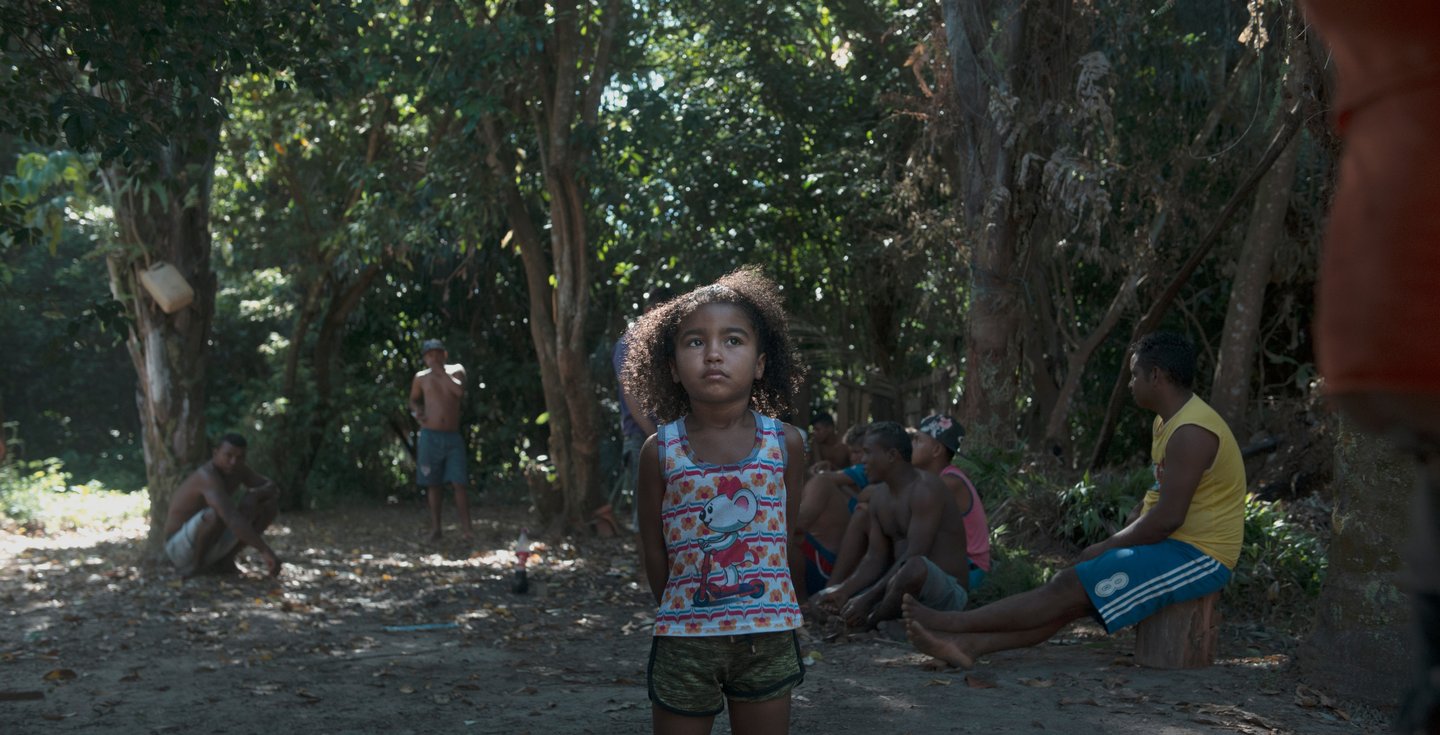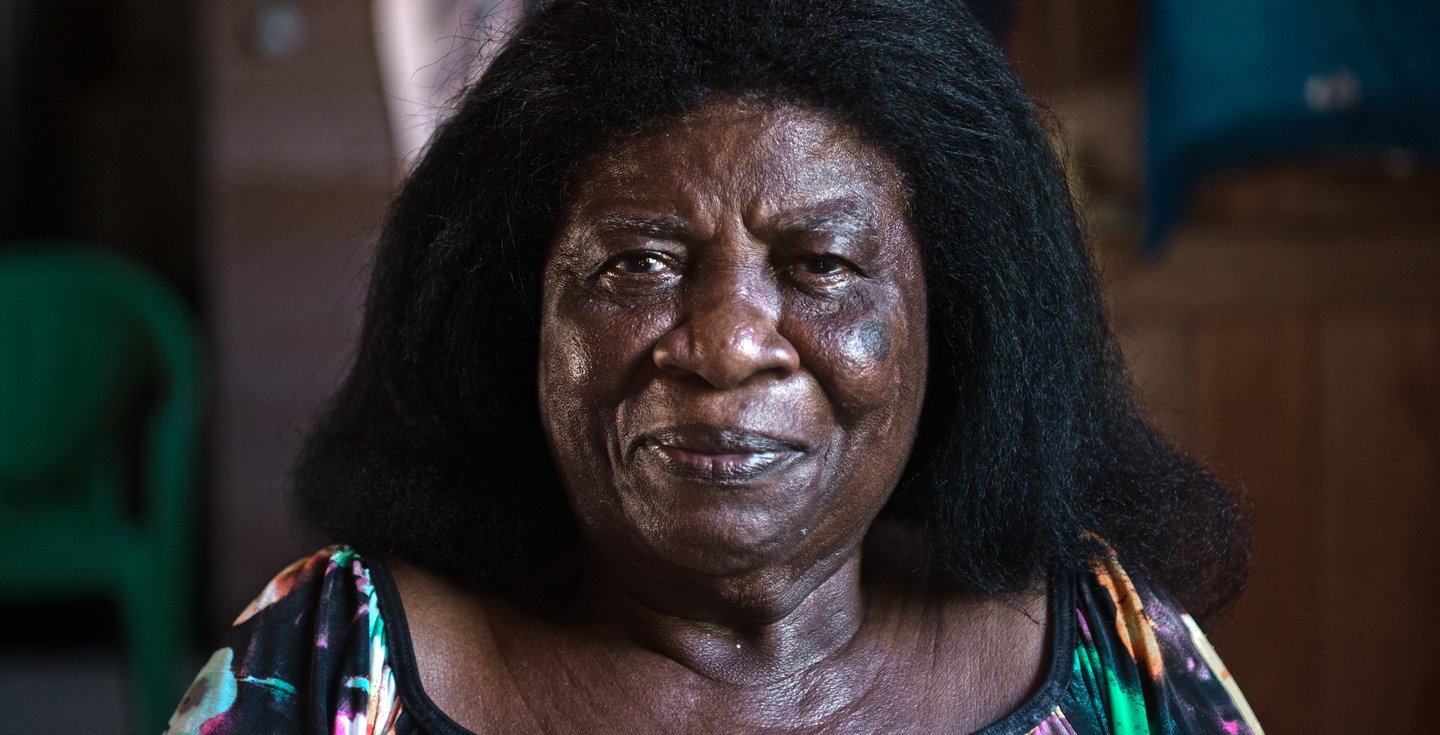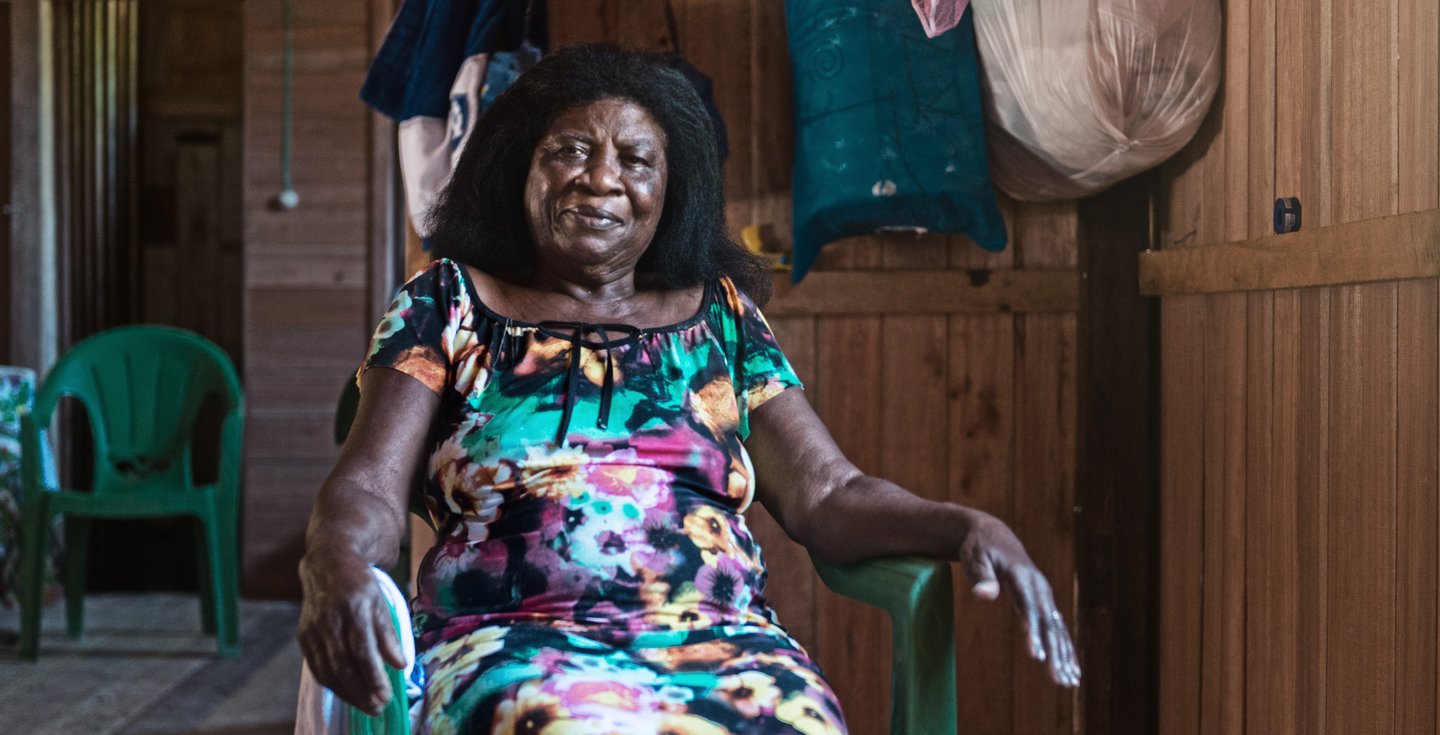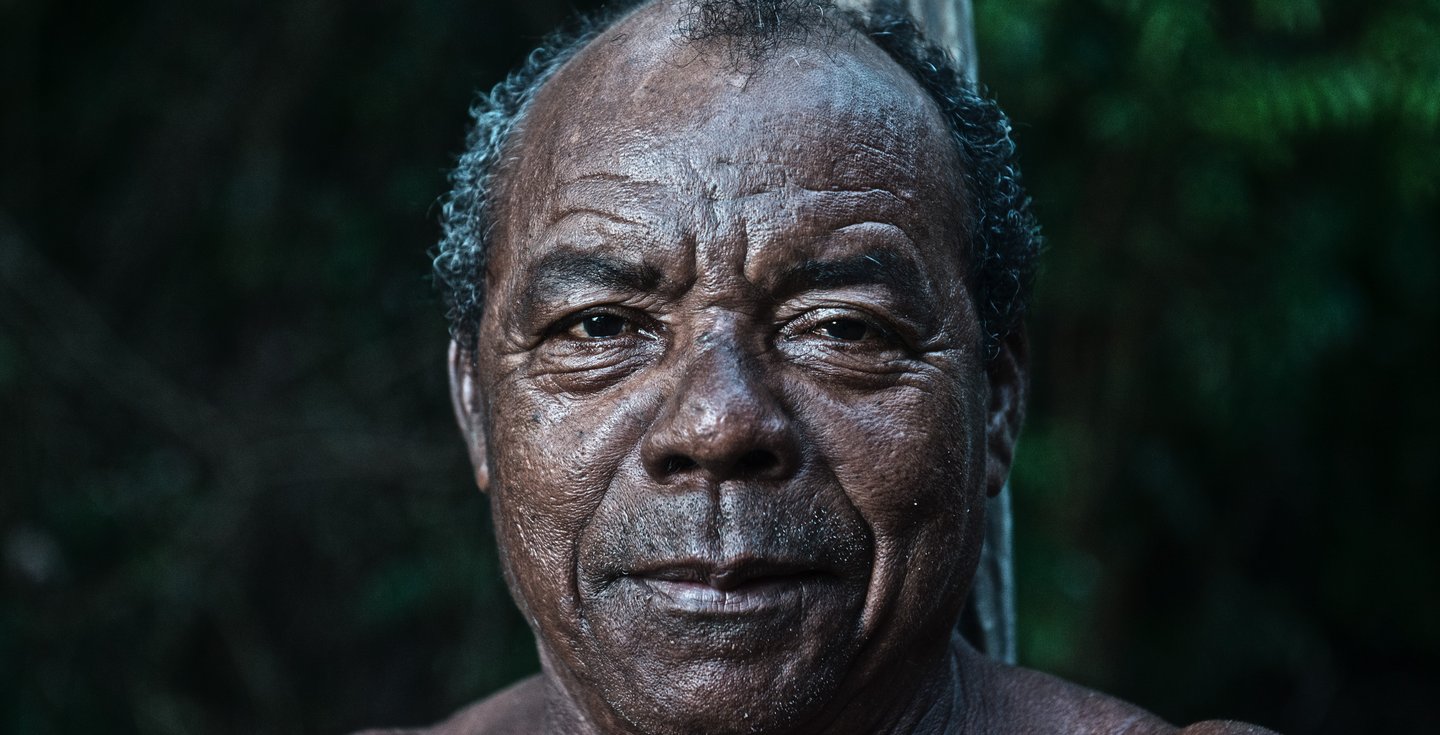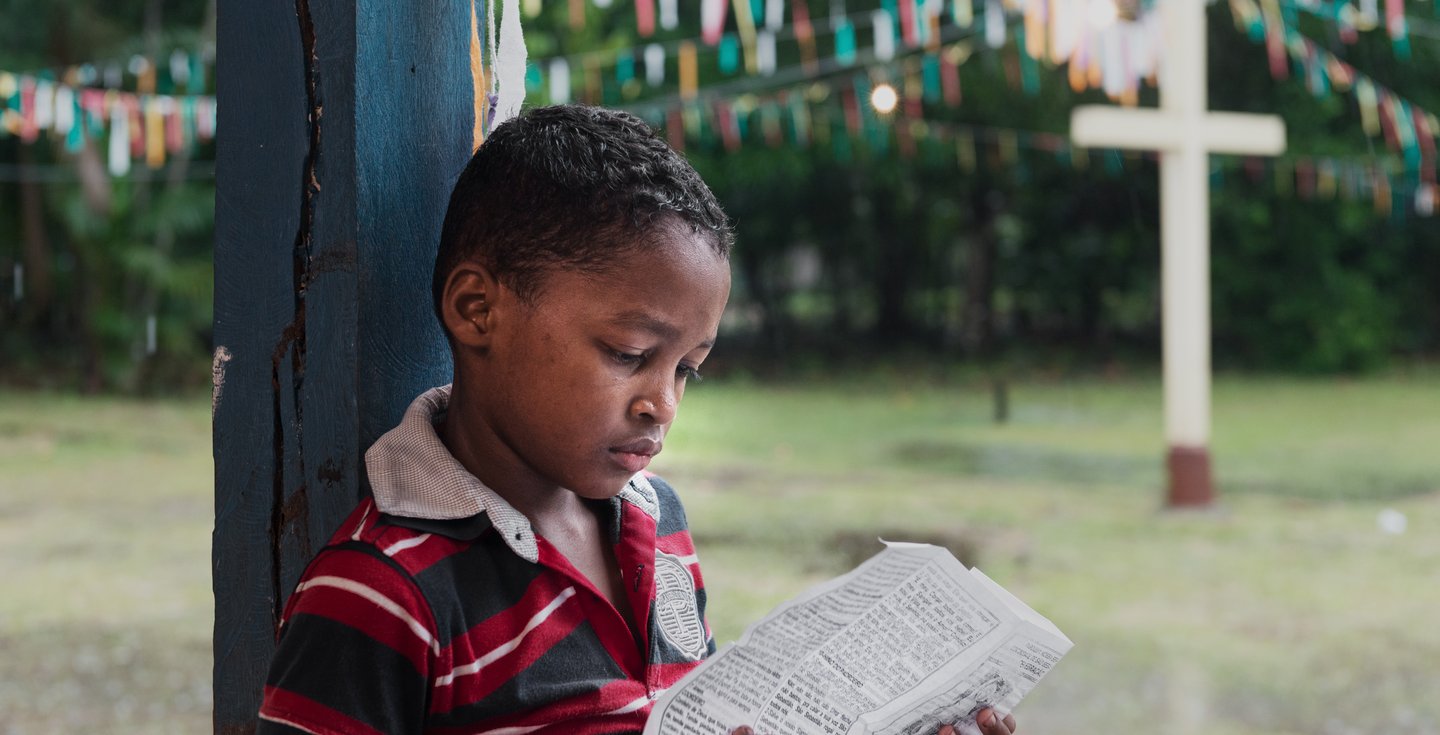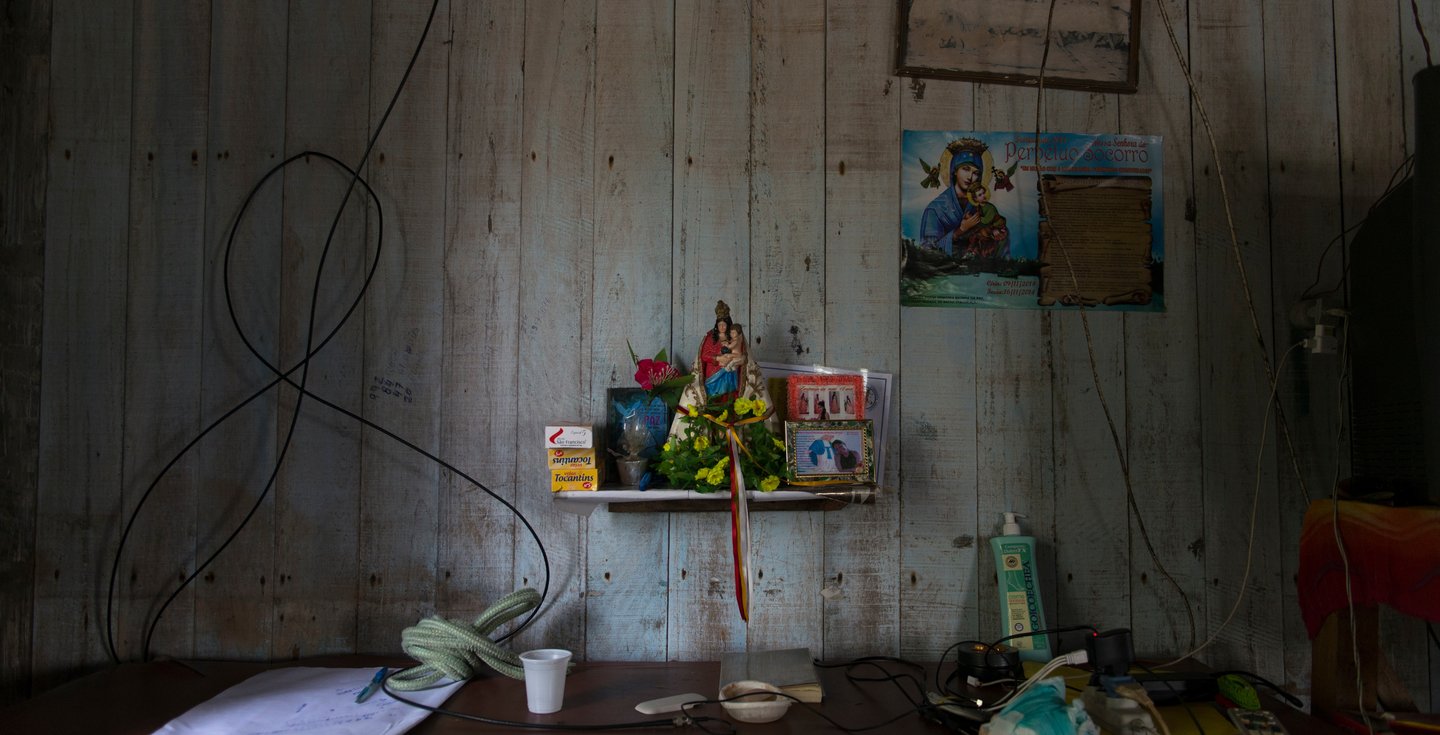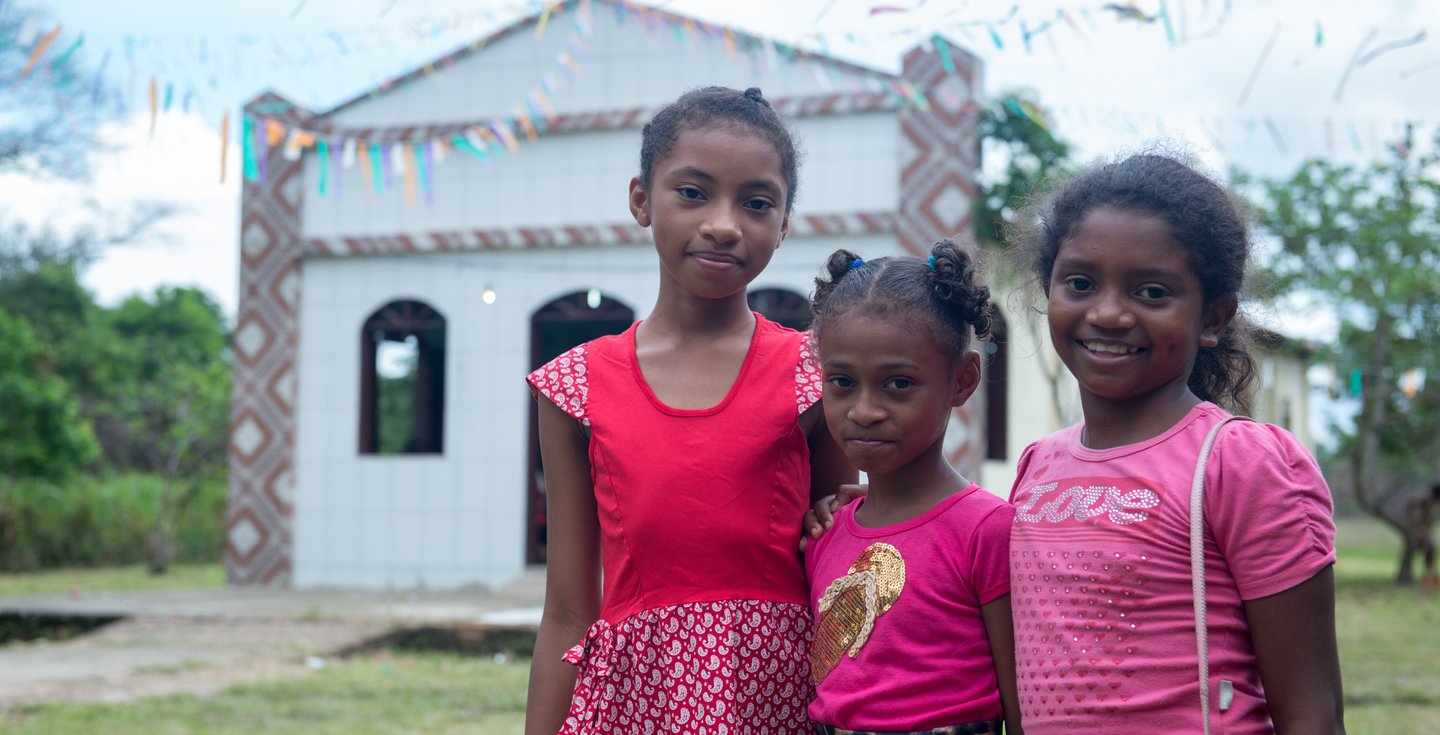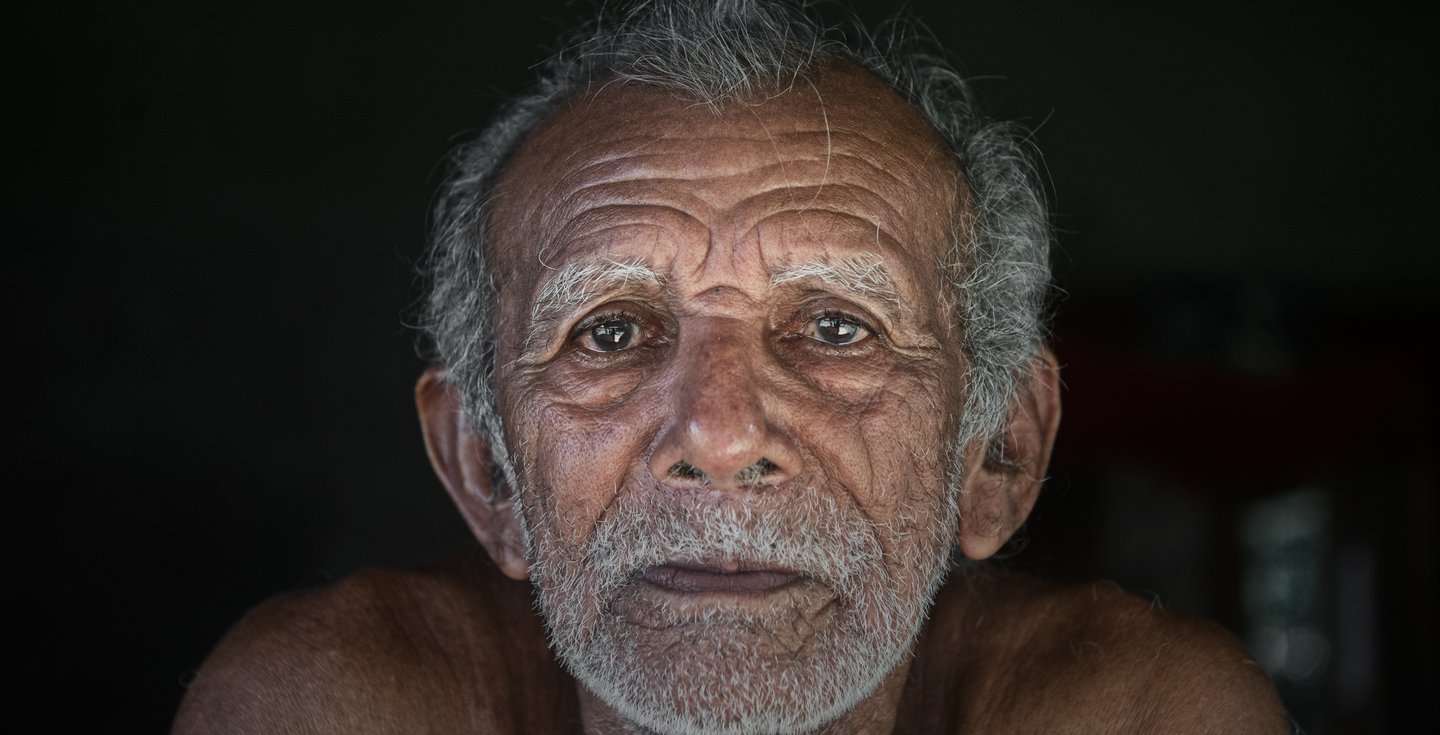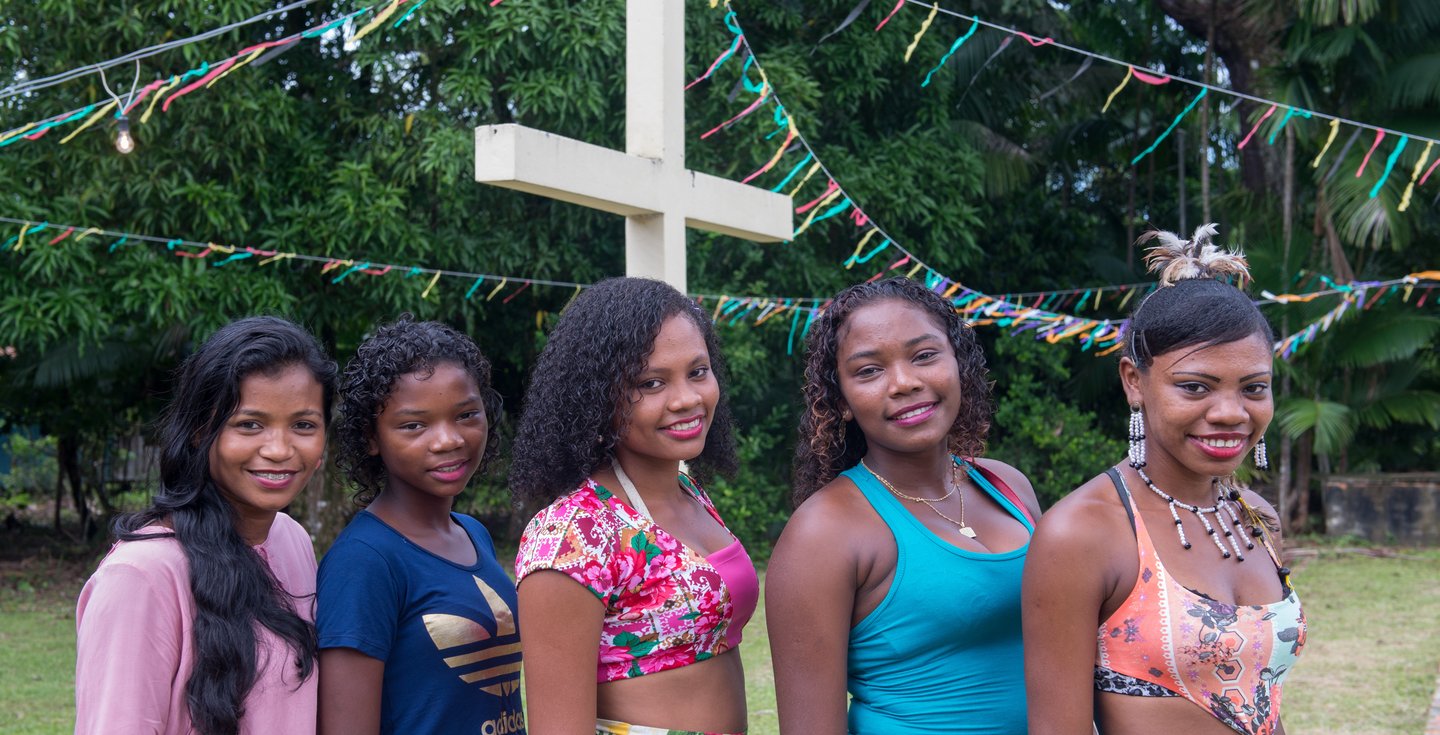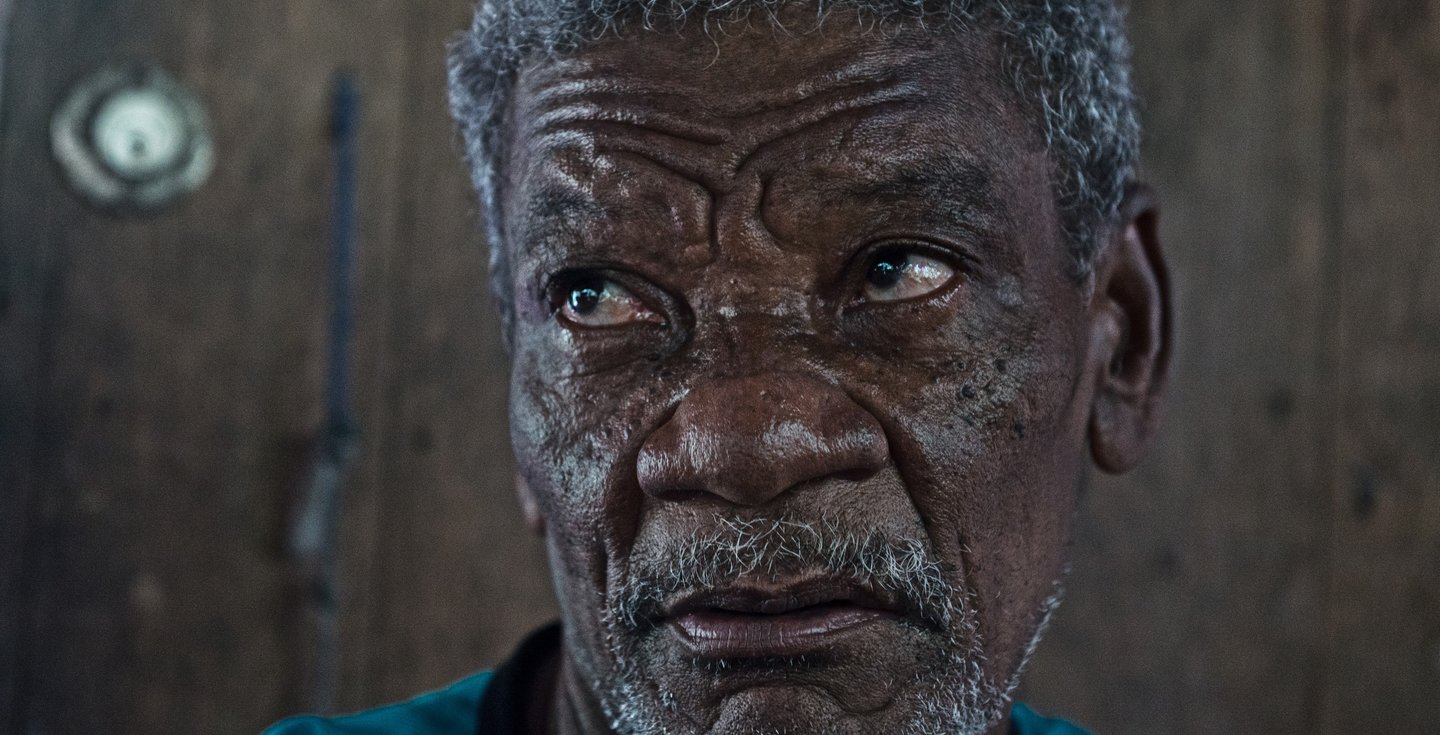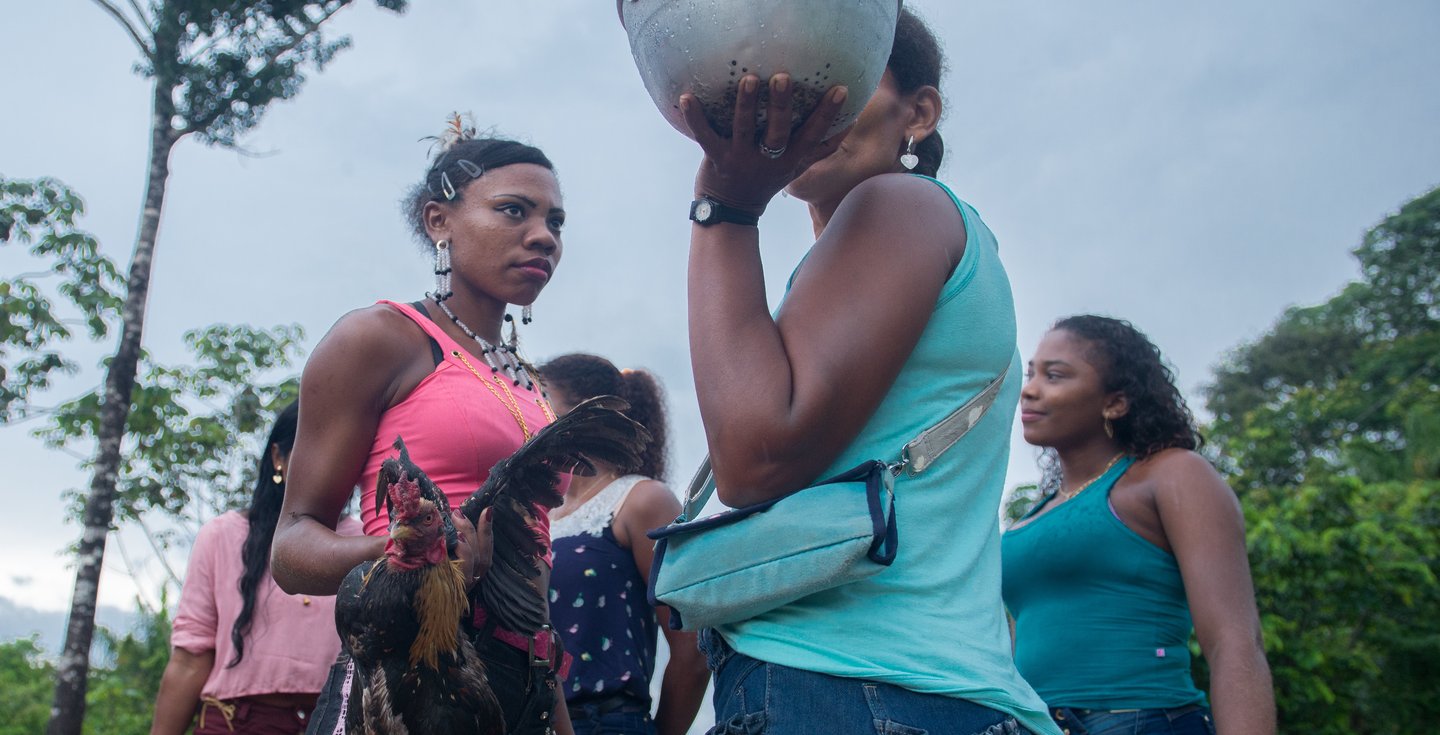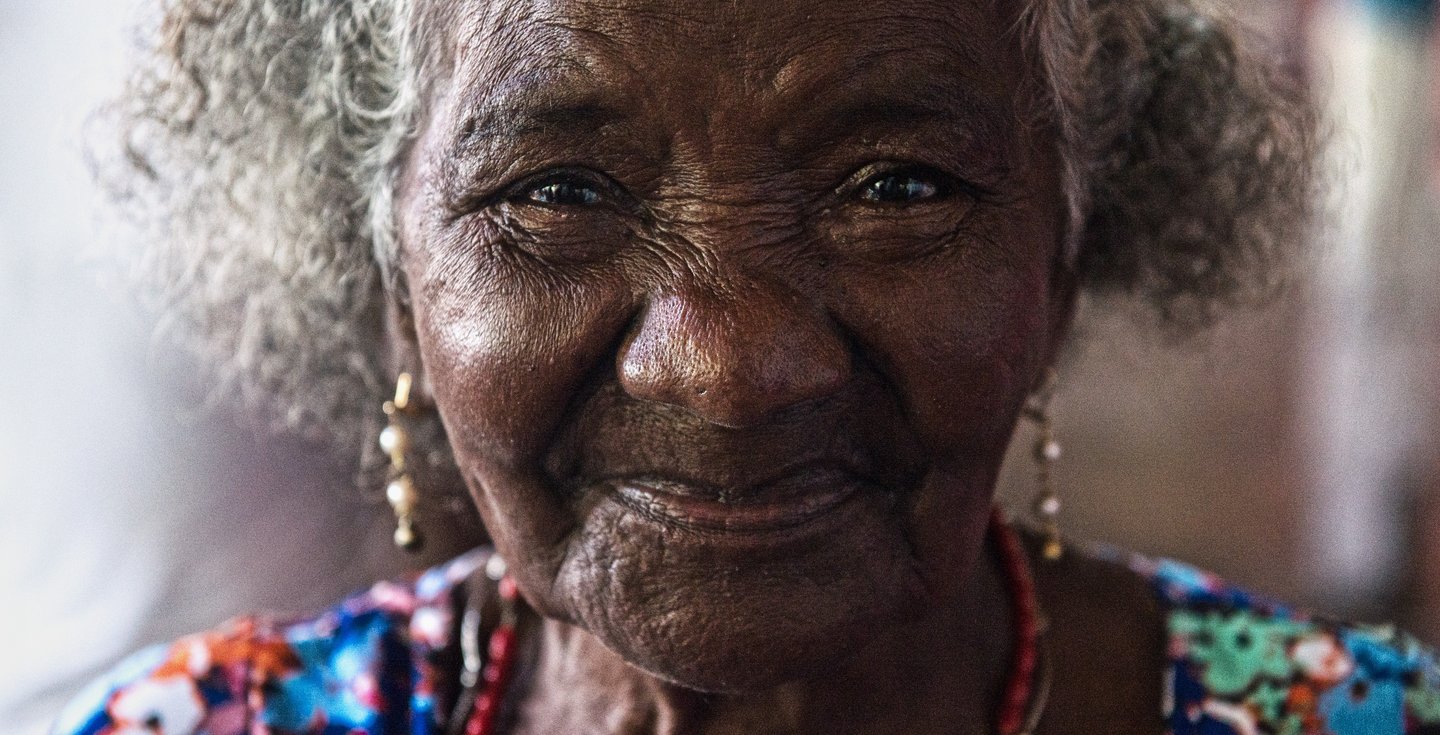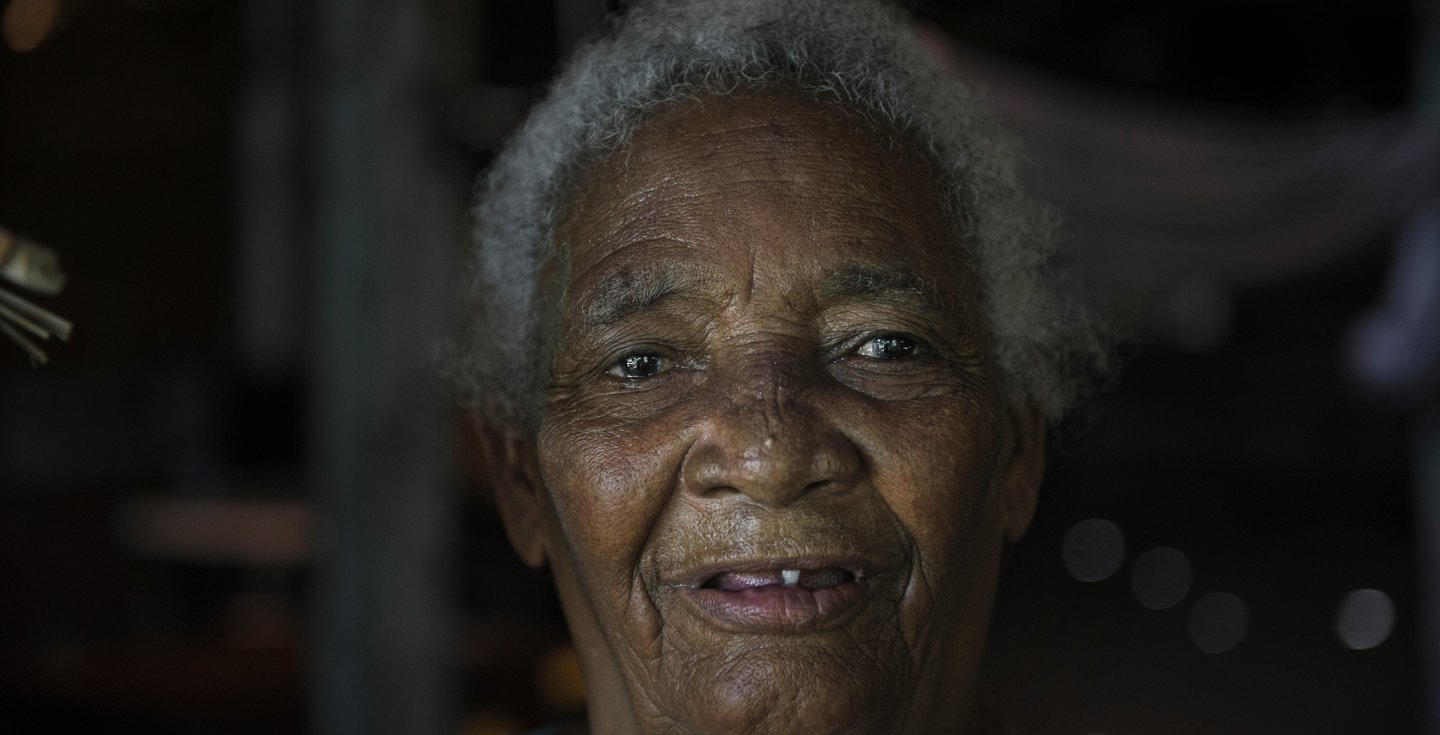

/Quilombola
Here in the north people do things differently. Even for Brazil standards. There is no occasion when so many people congregate in the streets of Abaetetuba (Pará, Brazil) as in carnival. Actually, there is: the Círio. The procession that brings the Virgin of Nossa senhora de Conceição from the river to her church. Thus, faith and celebration are the two most powerful mobilizing forces in this corner of the world. In the almost two years that I have lived in the communities of the Amazonian interior of northern Brazil, I have never seen such a massive demonstration in which so many people agreed with a common goal. But the Sujo is special. "Dirty" in Portuguese, refers to the block in which you are literally only admitted if you get absolutely dirty from top to bottom. Here there is no social distinction. When the block takes the streets, they are all the same. It doesn't matter who you are or how white the walls of your pretty brick house on the avenue are. The big muddy black tide literally takes over the city.
Everyone is looking for a way to get dirty in any way possible. The other rule is that you cannot wear any clothes. Only the minimum required. Any excess clothing is ripped open by the crowd. Mud, motor grease, and whatever else you find is valid for getting dirty. It is the uniform of the people. And then comes chaos. For a few hours the city has no master other than the black mass of Amazonian mud that takes control of the city. It is the most unintentionally political expression of the most popular festival in Brazil: carnival. And this carnival is a tradition in the city of Abaetetuba that began in the middle of the last century with 10 friends led by the well-known Fernandão. Today there are more than 100,000 people every year.
